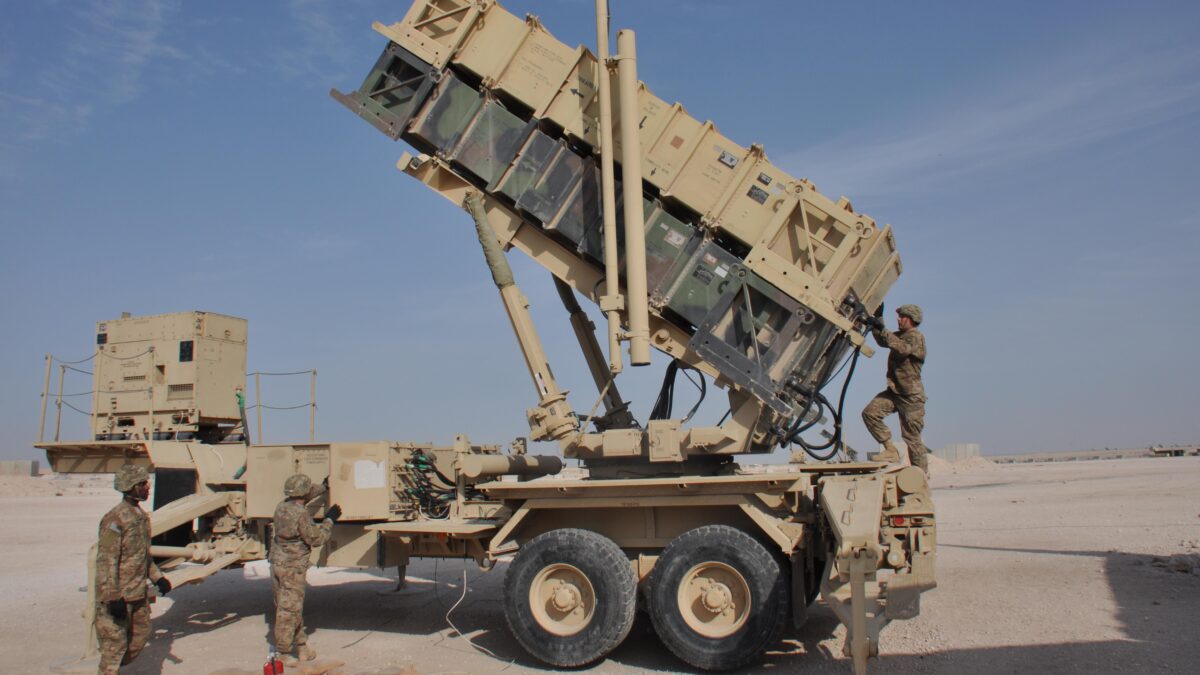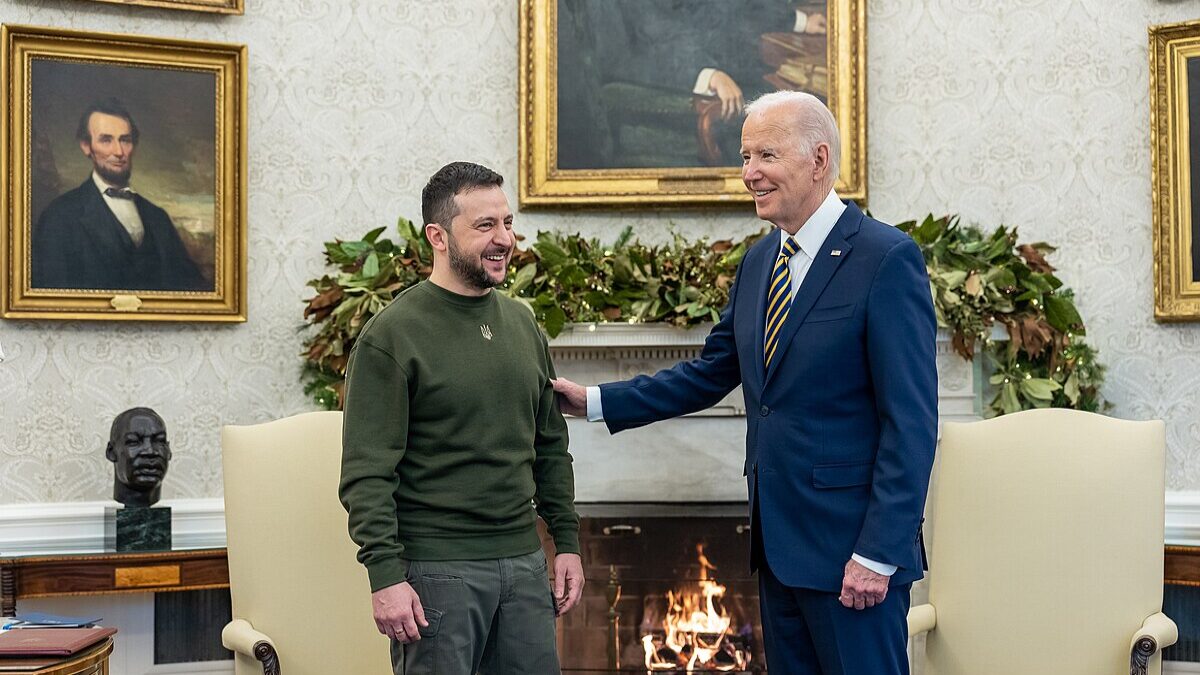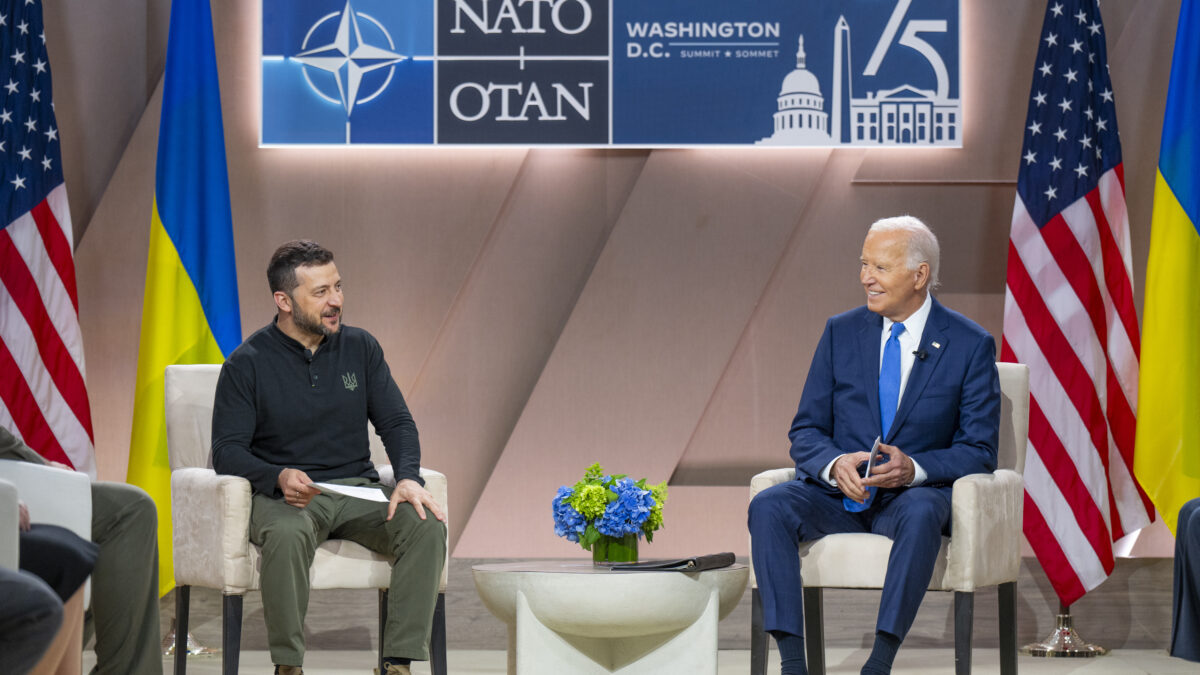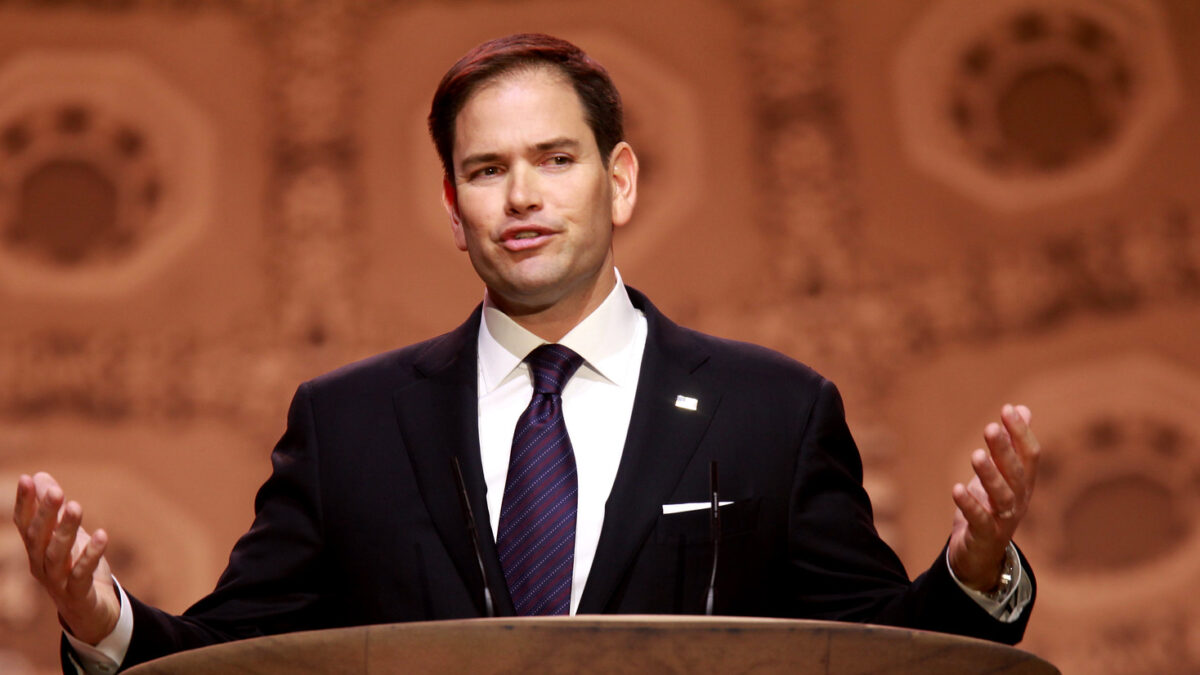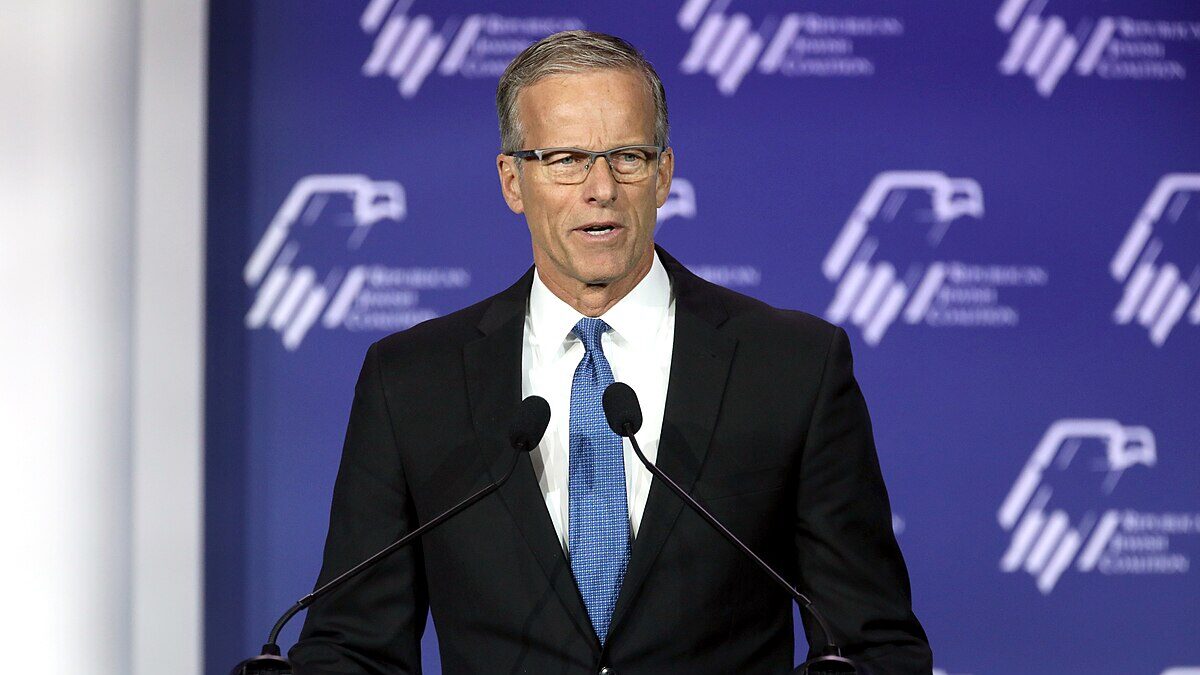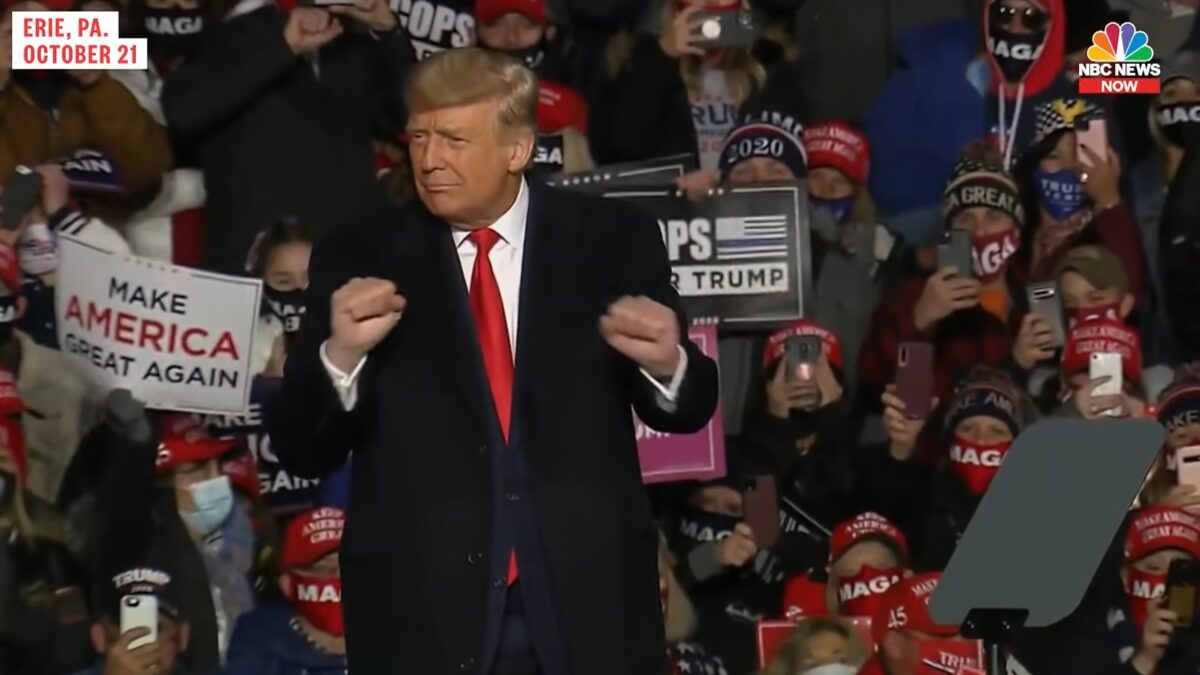
Last week, Russia withdrew from the Intermediate-Range Nuclear Forces (INF) treaty, as many international observers expected. Washington has long accused Moscow of violating the treaty, compiling overwhelming evidence since 2014.
Russia has clandestinely researched, developed, and produced short- and intermediate-distance missiles, the ban of which formed one of the bedrocks of Cold war rapprochement, since 1987. In the speech, signaling the suspension of the treaty, Secretary of State Mike Pompeo said Russia has violated the treaty “without remorse” and despite repeated warnings.
“For years, Russia has violated the terms of the Intermediate-Range Nuclear Forces Treaty without remorse,” which put “millions of Europeans and Americans at greater risk,” he said, making it American duty to respond appropriately. President Trump echoed the sentiments.
This, added with arming Ukrainian rebels, reinstating sanctions, and smoking out hundreds of Russian mercenaries in Syria, makes this administration the most adversarial to any Russian regime, since perhaps Ronald Reagan’s first term. It’s a surprising turn of events for an administration constantly accused by the left of being compromised to foreign intelligence, Russian in particular.
The standard lamentations followed. CNN, in a predictable report, said this unilateral withdrawal hurts U.S. allies and rewards Russian President Vladimir Putin, even when the North Atlantic Treaty Organization supported the withdrawal and blamed Russia. Elsewhere, the pushback was strongest in Germany, which has strong anti-American and anti-nuclear sentiments. Constanze Stelzenmüller, a fellow at the Brookings institution, went further, in accusing the Trump administration of “divide and rule” in Europe. INF withdrawal, as well as Iran sanctions, have resulted in the biggest rift in Transatlantic relations.
An Inevitable Shift In Latin America and Europe
In an essay last year, I highlighted how this post-liberal order rift was inevitable and would only increase. Put simply, European nagging over Trumpian nationalist conservative realism is idiotic. President Trump should take the opportunity of his State of the Union address to clarify the threats, challenges, and American strategy in regard to the distinct challenges ahead. There are four main areas to address.
First, America’s backyard. There is a distinct geopolitical change happening in Latin America. Major powers like Brazil and Colombia are turning more conservative after decades of economic mismanagement and social liberalism has resulted in continued vicious poverty and rampant crime. The rise of nationalist figures like Jair Bolsonaro in Brazil, therefore, provides Washington an opportunity to have allies in a region that is of immense strategic significance.
Venezuela, Nicaragua, and Cuba are not only imploding, but also have potential to ally with Russia and China––an intolerable outcome for Washington. While the temptation of military intervention might be extreme, we should pass the buck to conservative allies like Brazil and Colombia, providing them means and diplomatic support.
Second, Europe. It is not a secret anymore that Europe is being pulled apart by divergent forces. On one hand, the old Europe of France, Germany, and other wealthy western and northern European nations, with their utopian zeal, are trying to turn the E.U. to an empire, changing demographics, pushing for political and military unification, and leveraging their combined trade power against London (and potentially Washington as well, in the future). On the other hand, nationalist forces all across Europe are opposed to this forced imperial integration and looking for leadership.
Trump should give them a choice: Either acquiesce to the American security umbrella or choose the leadership of Berlin, Brussels, and Paris, and face Russia alone. The fundamental grand strategy of the British empire, and subsequently the post-WWII United States, was to oversee that Europe remain a continent of free nations, not united under one single hegemon, not ruled from either Moscow or Berlin.
That calculus should remain the same. Europe united as a federation of free countries is a net benefit for American trade and security. Europe united under one hegemon, leveraging her full military and trade might, is a future geostrategic threat that needs to be curtailed.
There is nothing wrong in a divide-and-rule policy for a region that historically has proved to be a strategic threat to any free-trading maritime power whenever united. In an era where great power rivalry is back, with Russia and China challenging the global order, a divided Europe would be on the American side. A united Europe, on the other hand, might throw its support and trade power behind China or Russia.
Threats From the Middle East and Asia
Third, the Middle East. As Michael Doran, a senior fellow at the Hudson Institute, wrote in a recent essay: “Trump’s strategy of refraining from direct military engagement while assuring support to one’s allies, therefore, is by no means guaranteed to succeed. But in an era of deep scepticism about the deployment of American forces in general, it represents the only viable strategy if the twin goals of American policy are to contain the Sunni terror organizations and Iran simultaneously.”
This strategy of letting local powers like Iran, Saudi Arabia, and Turkey duke it out in the region without any long-term material and moral commitments is a new twist to the old offshore balancing strategy, where America’s thumb should be on the scale to tip the balance only if there is a regional hegemon challenging the status quo. With the Islamic State diminished and Iran bleeding from Yemen to Syria, if there ever was a time of calculated retrenchment, it is now.
Finally, Trump must address the elephant in the room: There is simply no bigger threat facing the United States than the rise of China. China is currently the beneficiary of a $375 billion trade deficit with the United States and Chinese military hegemony is threatening to push Washington out of Asia. It can also be argued that the real factor behind the Trump administration’s withdrawal from the INF treaty wasn’t Russia, but China.
As Hudson Institute fellow Rebeccah Heinrichs pointed out, there is no point being limited by a treaty when the adversaries are not. All these grand strategic debates are essentially tied to China. Venezuela needs to be tackled so that there’s no Chinese military base. The E.U. shouldn’t be united so that it can throw its weight in support of China. Russia shouldn’t be pushed to Chinese arms. And the Middle East needs to be dealt with well, because there’s no point in wasting blood and treasure on a strategic abyss when a great-power peer rival is returning to Cold War forms.
In international relations, there’s an age-old debate between structure and agency. Put simply, geopolitics shape and transform a great power’s foreign policy, compared to an individual. 2016, for good or for bad, marked the end of a quarter-century of liberal utopia. The biggest factor in politics is time, which changes relative power between different nation-states.
As the economy continues to grow, and unemployment plateaus at 3 percent in the United States, there’s no better time in front of President Trump to highlight that the world has already changed, and it is simply prudent for America to adjust accordingly.


